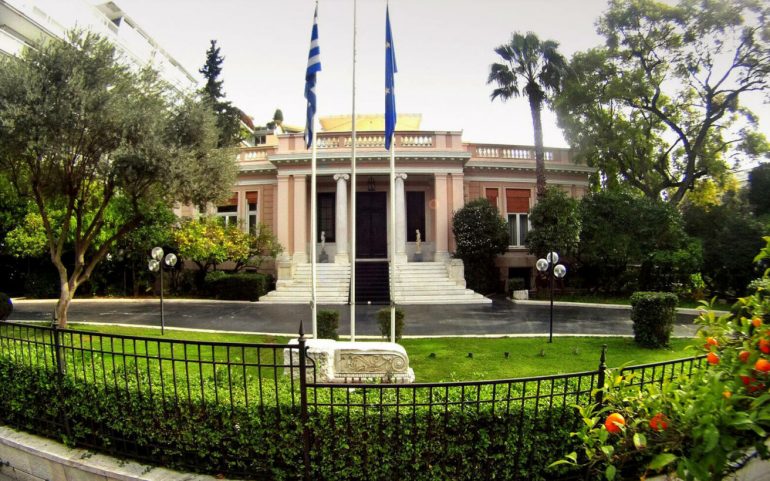At the dawn of 1947 things for the bourgeois side civil war they do not go so well. The DSE guerrillas not only do not lose ground but in many cases manage to achieve great victories against the national army.
With this and that, the Americans intervene in the political life of the country and effectively impose the formation of a coalition government in order to unite the bourgeoisie against the "communist threat".
The government is getting flesh and blood. An extra-parliamentary member, who was a banker until January 24 of that year, is appointed Prime Minister. One of the first and most important decisions of that short government was the opening of Long Island as a place of exile and torture, of the Left.
You are probably wondering what all that you have read so far can have to do with the title of the text. And yet. They have. The connecting link of all this is the name Dimitrios Maximos.
A banker who became prime minister years later
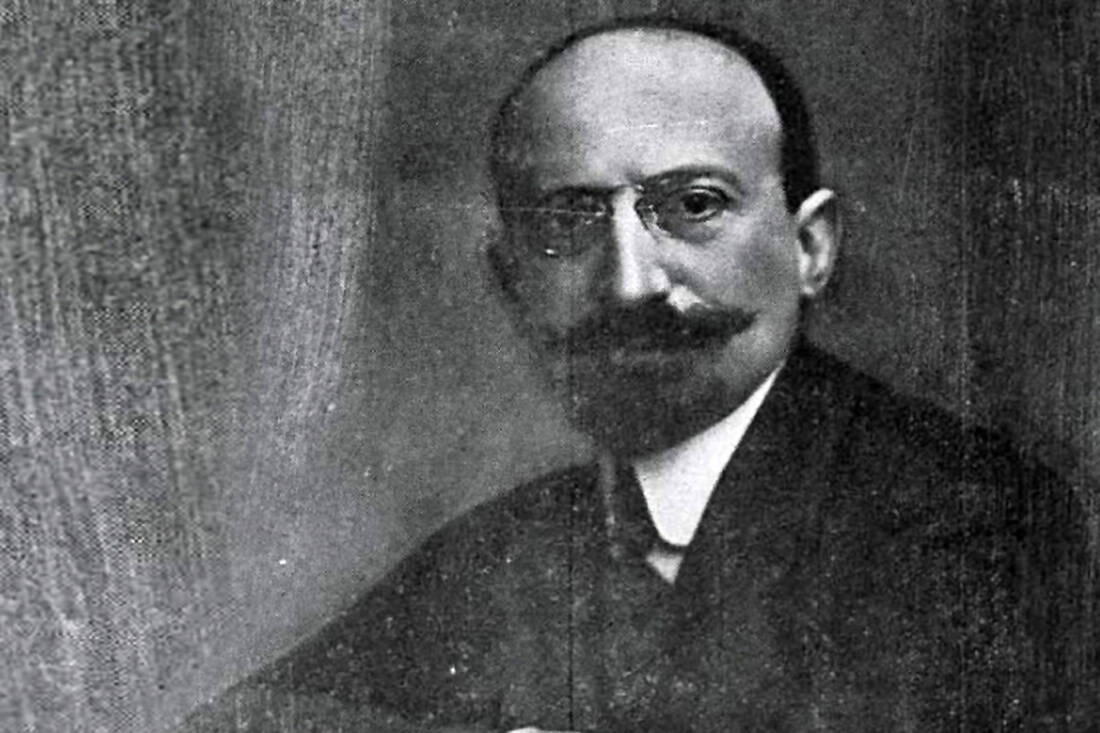
In 1873 a little boy is born in Patras. His name was Dimitris. His father came from Chios while his mother belonged to the Londos family, the well-known notables of '21.
Dimitris had everything a child would want to grow up properly and study. As soon as he finished his studies he was hired at National Bank and after passing as an executive from various branches throughout Greece, in 1911 he was appointed manager of the main branch in Athens. His rise in the hierarchy was rapid and so initially in 1914 he became deputy commander and in 1920 commander, a position he held until 1923. Then he left for Florence and when he returned (in 1929) to Greece he became involved in politics.
Maximos even became Minister of Foreign Affairs in the government of P. Tsaldaris, however, during the Silk dictatorship he privatized. He returned to politics in January 1947, when, with the help of the American agent, an extra-parliamentary prime minister of the co-operative government was formed, formed by all the parties in the then parliament.
Macronissos, the Truman Doctrine and a government that lasted only eight months
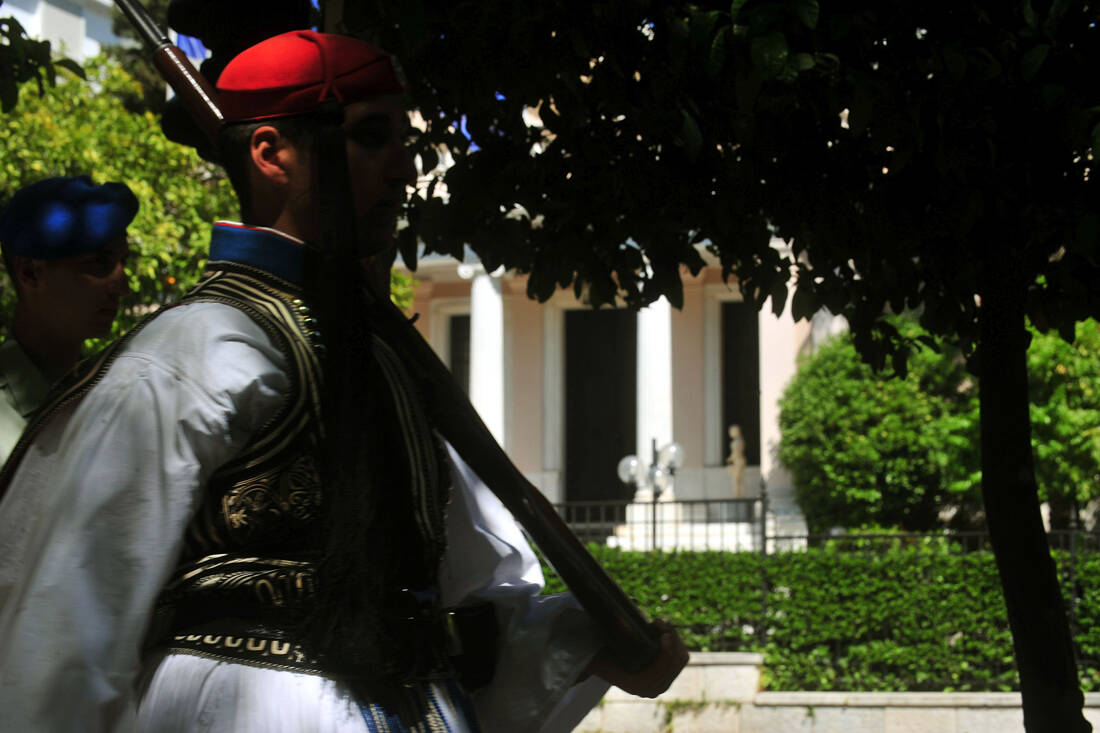
The government formed by Maximos went down in history as "Eptakefalos" and had K. Tsaldaris and S. Venizelos as vice presidents. And the cabinet is still considered today as one of the "strongest" that have existed as in it there were names like his George Papandreou (Interior), Stylianos Gonatas (Public Works), Panagiotis Kanellopoulos (Navy), Napoleon Zerva (Public Order) and Konstantinos Karamanlis (Labor).
This government, although made up of strong names, managed to stay in power for only eight months. Meanwhile, the British announced their withdrawal from Greece and the US announced the famous Truman Doctrine.
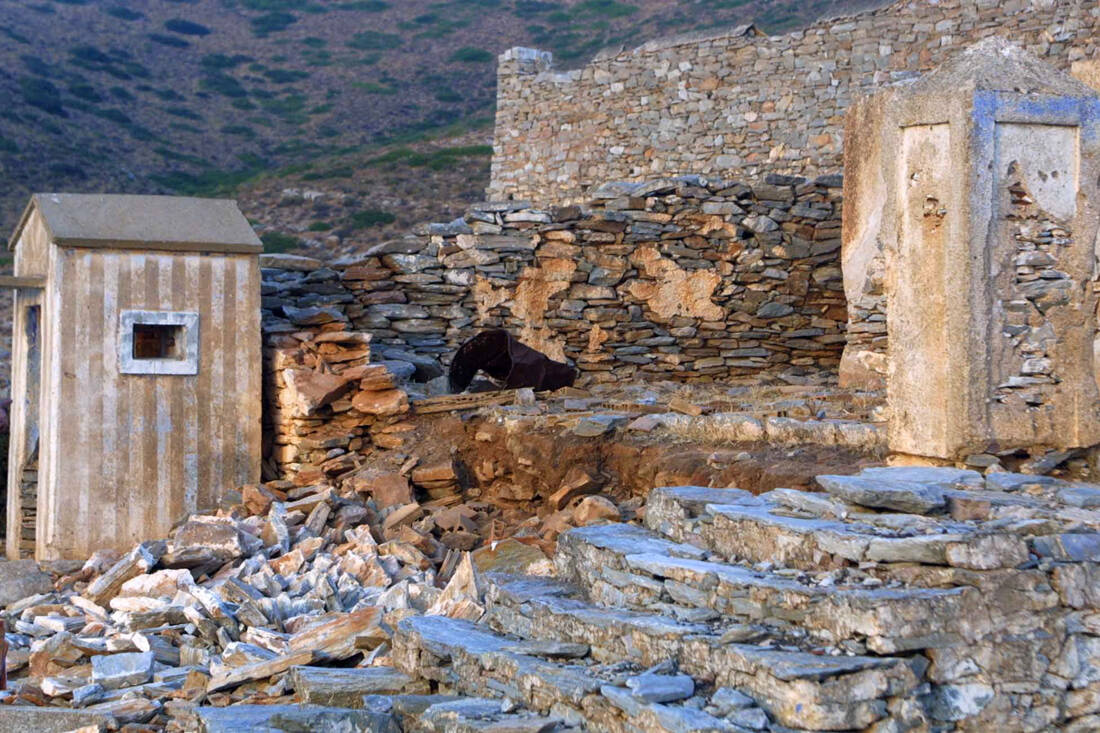
At the same time, that government went down in history for an important decision that was drenched in blood. In an effort to harden its stance against its opponents, it ordered the opening of Makronisos as a place of exile and imprisonment for communists. The inferno of Makronissos opened its doors in April 1947 as a "camp of national reform". Initially, all the soldiers were exiled there with "suspicious thoughts", manning the three special battalions of hoplites (AD ETO, BD ETO, DG ETO). In 1948, the 4th Battalion is created, to which the political exiles are transferred.
The bad thing about Maximos' government was that, as already mentioned, the DSE guerrillas were going from victory to victory. The American factor was dissatisfied and prepared the successive situation (enlarged government with the participation of Th. Sofoulis). When Maximos learned of these moves he resigned (on August 29, 1947).
The Maximos Palace the sale and the later prime minister's residence
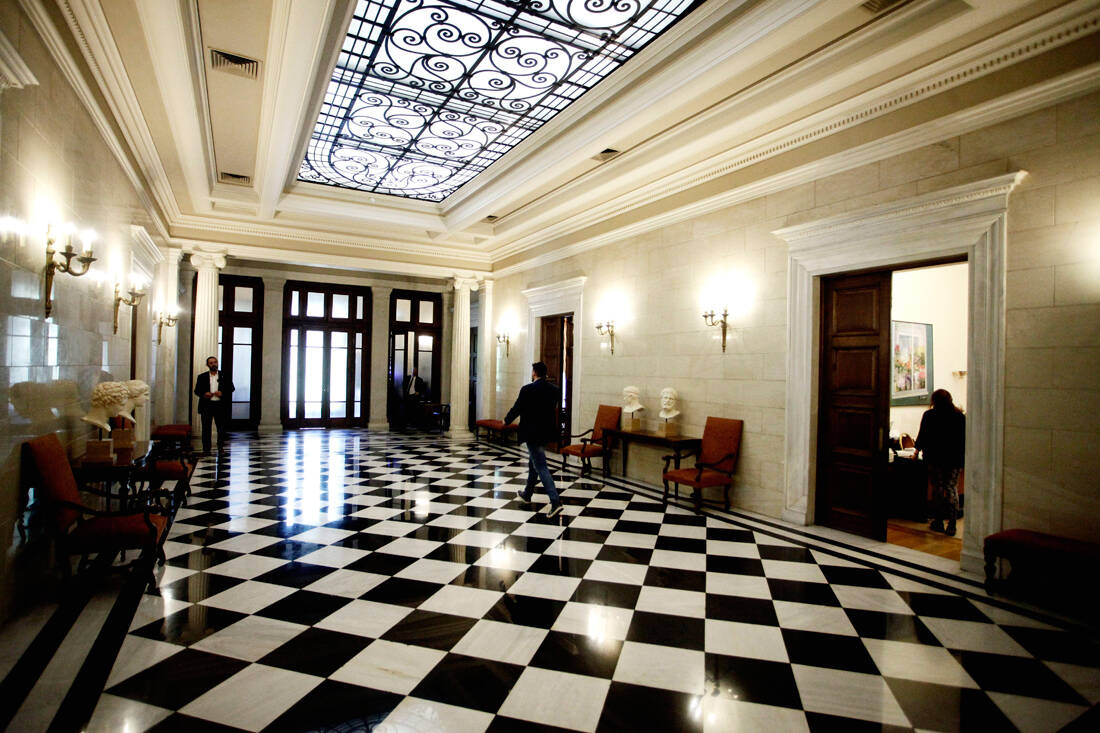
After that day, the former Prime Minister Dimitris Maximos, who was also Mason, a member of the 33rd High Council (there are many who see a connection with the fact that US President H. Truman was also a mason), decided to leave public life once and for all and privatize.
Until the early 1950s (he died in October 1955 at the age of 82), Maximos and his wife, Irini Manousi, lived in a mansion in the center of Athens, specifically at 19 Herodes Atticus. Reminds you of something; Exactly! The mansion that was the house of D. Maximos is the current prime minister's residence.
Before all this, however, it has the value of a small historical background as in 1951 it was almost demolished! This mansion, therefore, had a long history as it was used by them during the occupation Nazi, after his order, by the German Admiral in charge of the Fleet in the Aegean, while after the liberation of Athens from the conquerors, it was used as the residence of the American ambassador.
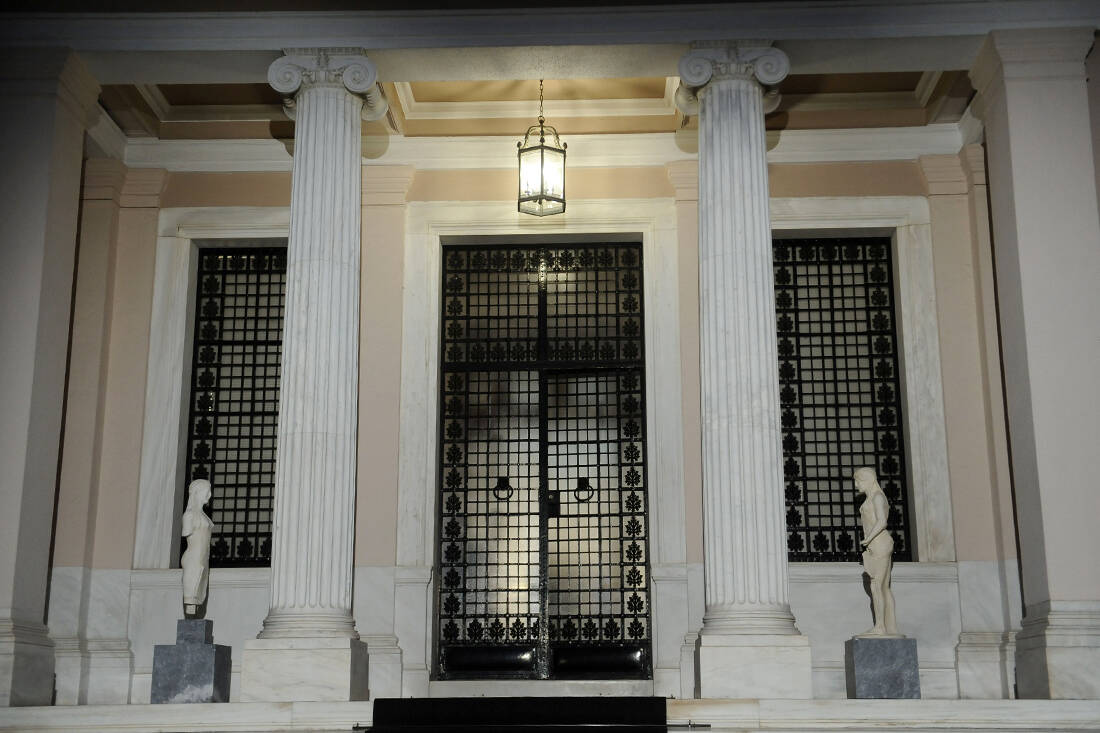
However, when the then American ambassador left the mansion, it was left to his fate, with the consequence that Dimitris Maximos thinks of demolishing it in order to build an… apartment building in its place!
This catastrophic plan of the former prime minister was revealed in an article in the newspaper "Ta Nea" by the journalist and scholar Vassilis Iliadis. The Athenians who worshiped this building, reacted and tried to save it. Eleni Vlachou of "Kathimerini" reacted equally dynamically, asking for the salvation of the Palace with a front-page article.
It seems that this mobilization brought the desired results as the… golden section was found. The bad image that Dimitris Maximos took out and the angry messages he received made him think again and so when the then mayor of Athens, Costas Kotzias, showed that he took a few steps back…
A few days after that meeting, it became known that the then Prime Minister Nikolaos Plastiras instructed the then Minister of Education, Evangelos Averoff, to instruct the competent service to designate the Palace as a "relic of modern Greek art" and thus rule out the possibility of legalization. .
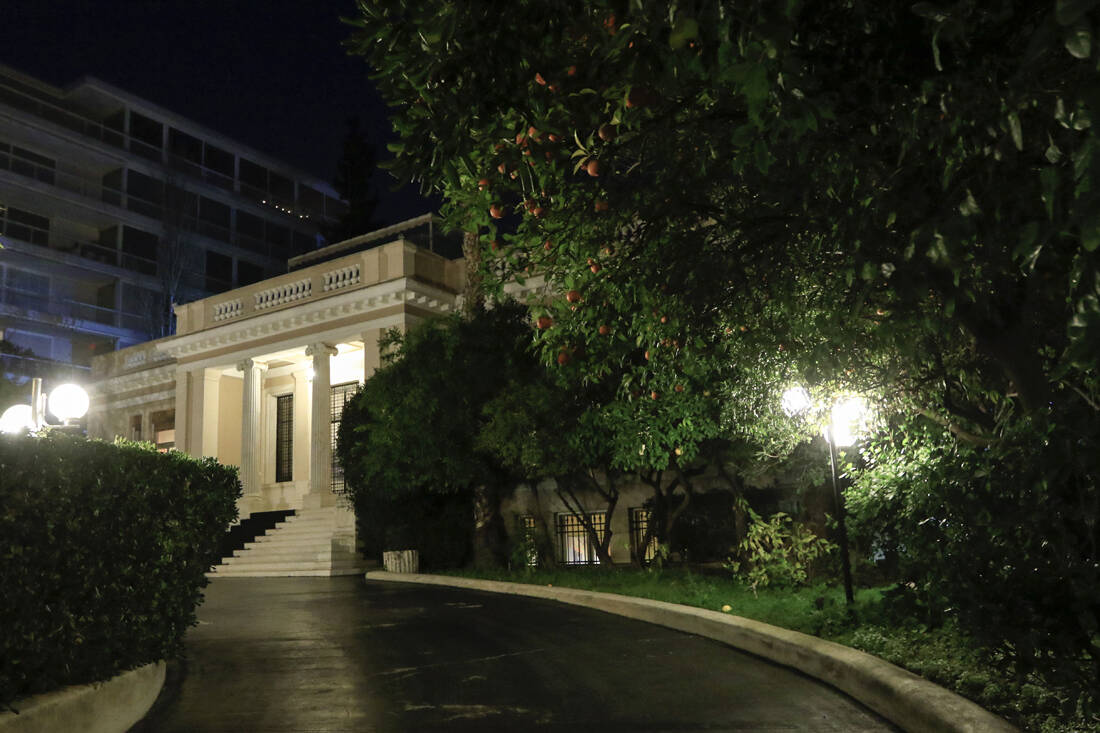
After this development but also given the many insulting and threatening messages he received, Maximos decided to cede the Palace to the state. The initial estimate of its value, by a committee in which representatives of the NTUA participated, was 11 billion drachmas. Eventually the sale closed at 5,5 billion drachmas and included furniture and the collection of paintings and other valuables. Prime Minister Plastiras, in order to show his satisfaction, decided to keep the name "Maximos Palace".
Then for several years the historic building of Herodes Atticus functioned as an official state hostel, hosting heads of state visiting Greece.
From 1982 until today, at the suggestion of Menios Koutsogiorgas, it was transformed into the seat and residence of the respective prime minister.
